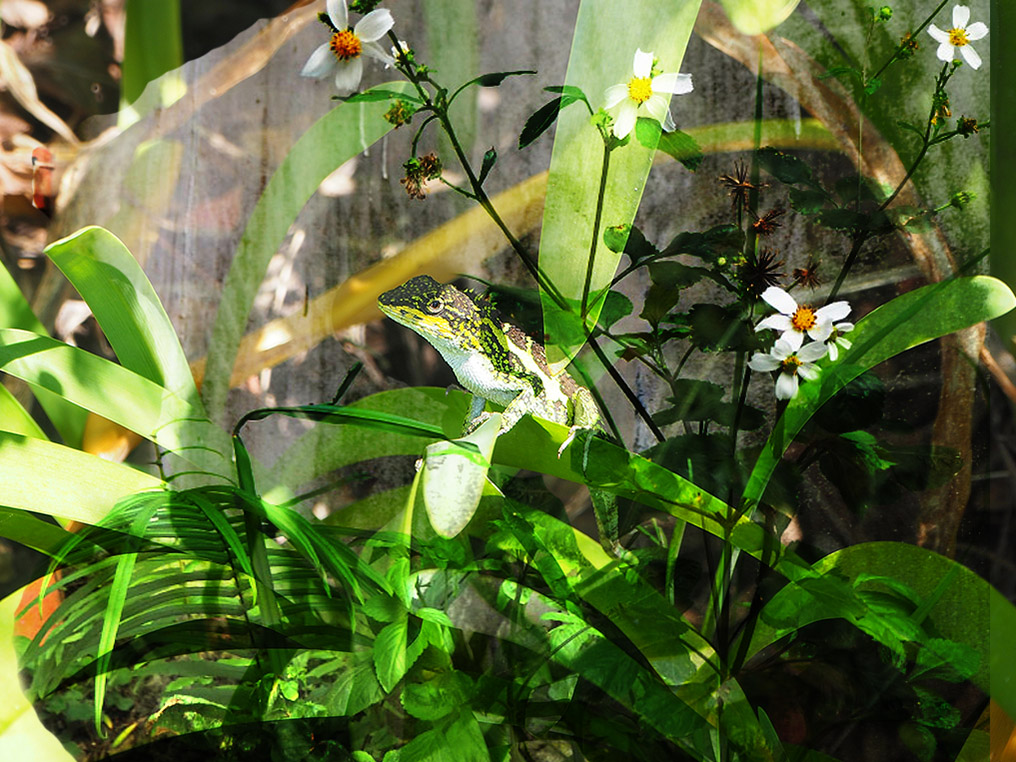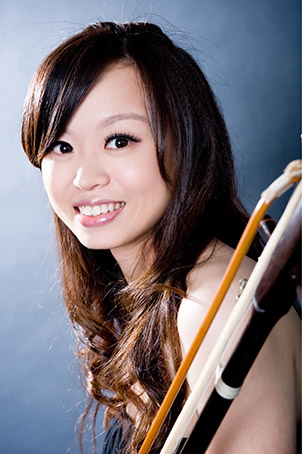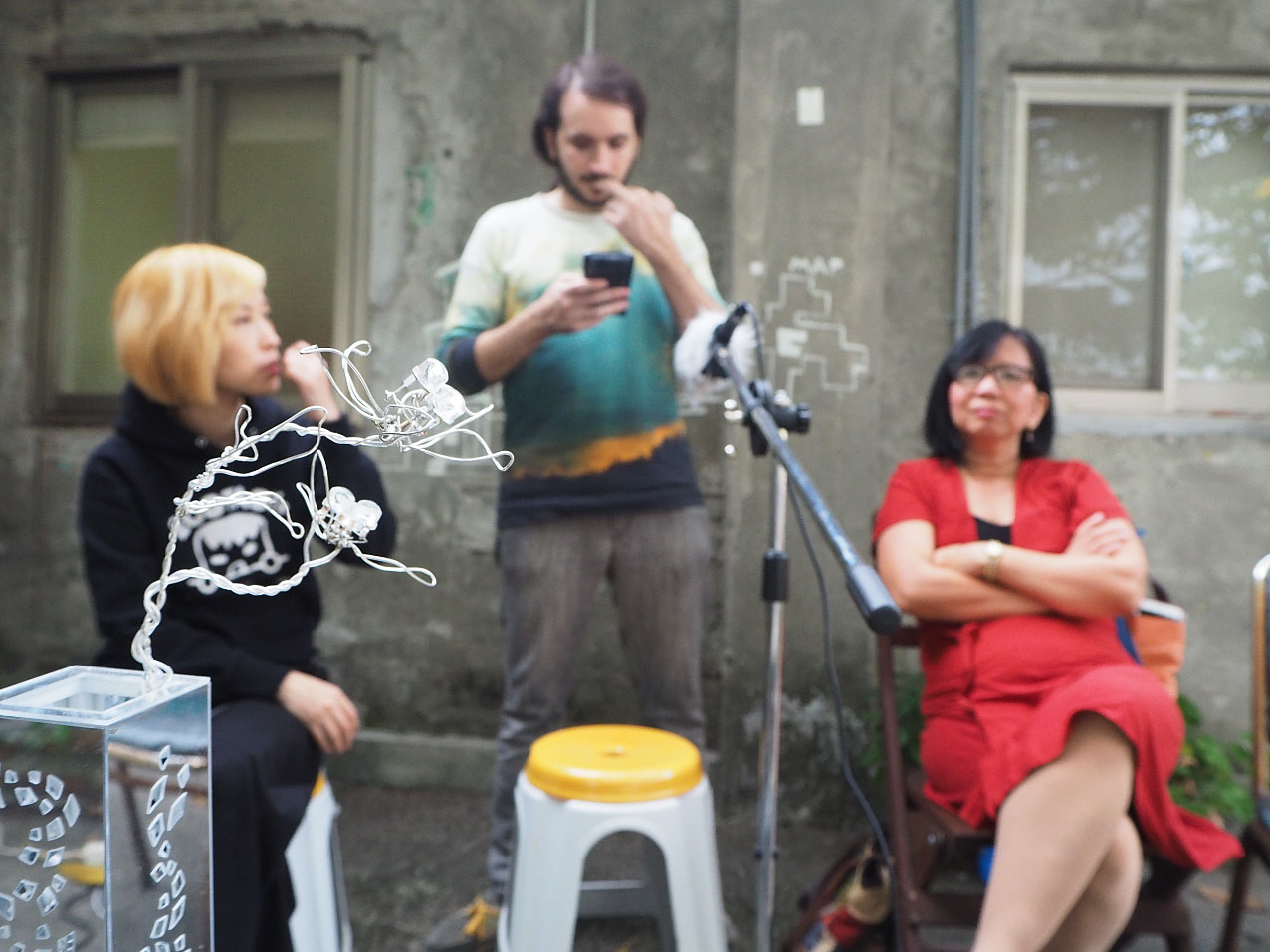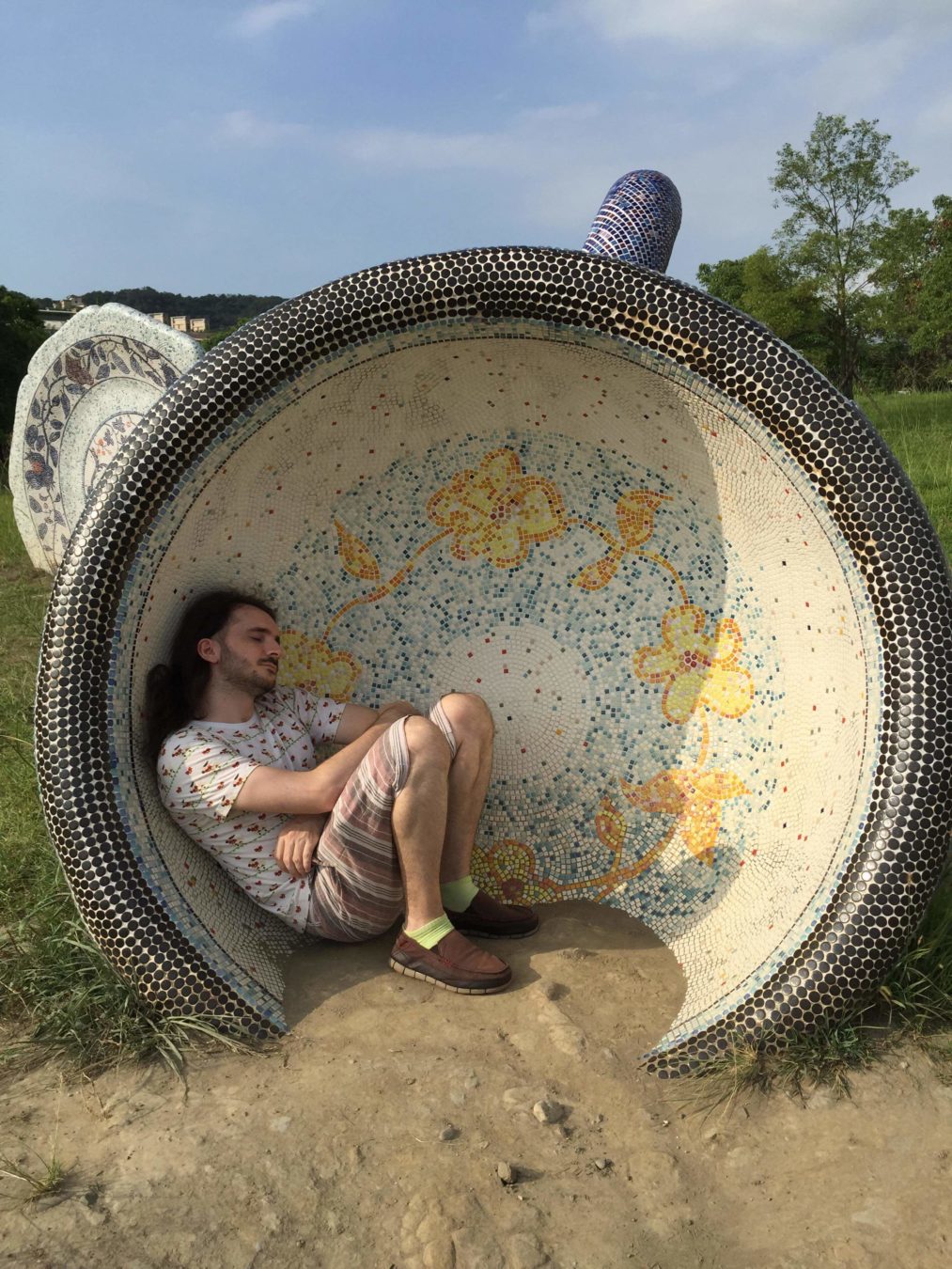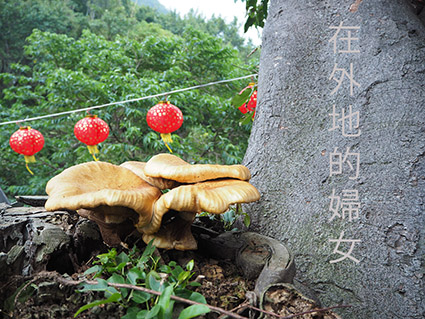
Vorschau Sonntag 3. März 2019, 3-6pm (Taiwan time)
With “Women in the Field”, its fifth episode, Datscha Radio Taipei focuses on the position of women in the contemporary (experimental) Taiwan music and art scene. Studio guests will the sound and installation artist Yenting Hsu who is presently a resident at TAV (Taipei Artist Village) and the duo Huang Sze-Ting and Huang Hsuan-Jung (Lori), who form part of the “Lost Sounds Studio” project.
The broadcast will feature presentations of their work, live music (Liuquin and Pipa) and topic related discussions. A recorded talk with the sound artist, teacher, journalist and radio maker Laila Fan will highlight on aspects of creativity, listening culture and motherhood. Each artist present in the studio is invited to present the work and short bio of a fellow artist, whose compositions will also form part of the show.
Datscha Radio embraces and supports a feminist point of view. “Feminist” does not mean “women first”. Rather this is about a different, non-hierarchic, complex view of the world surrounding us. How does our work relate to this world? What has changed (if) compared to the world our mothers live(d) in? Are there female artist networks in Taiwan? What about the work-life-family balance?
“Women in the Field” wants to share and discuss these topics in the shape of a collective broadcast. A finalized program schedule will be available from the 2nd of March, 2 pm, on datscharadio.de and on the website of THAV.
Artist Info
Yenting Hsu investigates the cultural context and textures of sounds, her works often reflect the relationship between sounds, environment, individual/collective memory and the surrounding world from an alternative angle. Using field recordings as her primary source material with electronic sounds and objects, Hsu’s exploration contemplates between the narrative and imaginary elements of recorded sounds under the form of audio documentaries, soundscapes, installations, experimental music and performances. She also collaborates extensively with dance theaters.
Website: http://suotsana.net
Laila Fan is a nature sound recordist and writer. She has been recording natural soundscapes since the age of 7, and has dedicated her practice to developing more sensitive and representative methods of listening to the land. In 2013, she launched the Silent Trail Project which promotes the safeguarding of natural soundscapes, and in 2015, the artist founded the Soundscape Association of Taiwan which invites national sound recordists to contribute to this effort.

Lost Sound Studio
The notion behind “Lost Sounds” is to use music as a medium to communicate with other people or objects. The combination of Zheng, Pipa, Liuqin and Zhongruan not only creates an unforgettable unique sound, it also demonstrates the cleverness and ingenuity of the arrangement. The word “Lost” represents here a quest to find a balance between traditional instruments and various other musical forms, to unearth the infinite possibilities in the creation of sounds.
Huang Sze-Ting is now studying her master’s degree in multimedia applications at Graduate Institute of Ethnomusicology in National Taiwan Normal University. Huang graduated from Department of Chinese Music, majored in Liuqin. She has been invited to perform in China and Japan since 2011, the sound poetry work Echo has chosen in “ 2015 Taipei Poetry Festival”. Huang Sze-Ting has been working with many artists from different fields such as theater, film and dance.
Hsuan-Jung Huang majored in Pipa when she studied in Tainan National University of the Art. She was invited to go to Hong Kong to perform with Wu-Ji Ensemble in 2013. She also attended the Beijing International Composition Workshopin 2014. Huang won chances to perform her works in “Shuanghsi Music Forum Concert” in 2015, and in “The Combination Concert form TNU&SCU&NTNU” in 2016, etc.
Program (Live music pieces)
1.Cuban Oregano(左手香) – Liuquin piece
This piece is a portray of homesickness . The women occasionally missed her mother planted some Cuban Oregano in the garden.2.Osmanthus Alley(桂花巷)- Taiwan Movie Theme Song
A melodrama on a women’s fate, the film opens with a sad scene. The lonely fate of this life seems to be destined when she is born, just as her broken palm lines.
Read MoreThe Liuquin(柳琴) is a four-stringed Chinese mandolin with a pear-shaped body.It is small in size, almost a miniature copy of another Chinese plucked musical instrument, the Pipa. The Liuquin is played with a pick with similar technique to both ruan and yueqin, whereas the pipa is played with the fingers.








